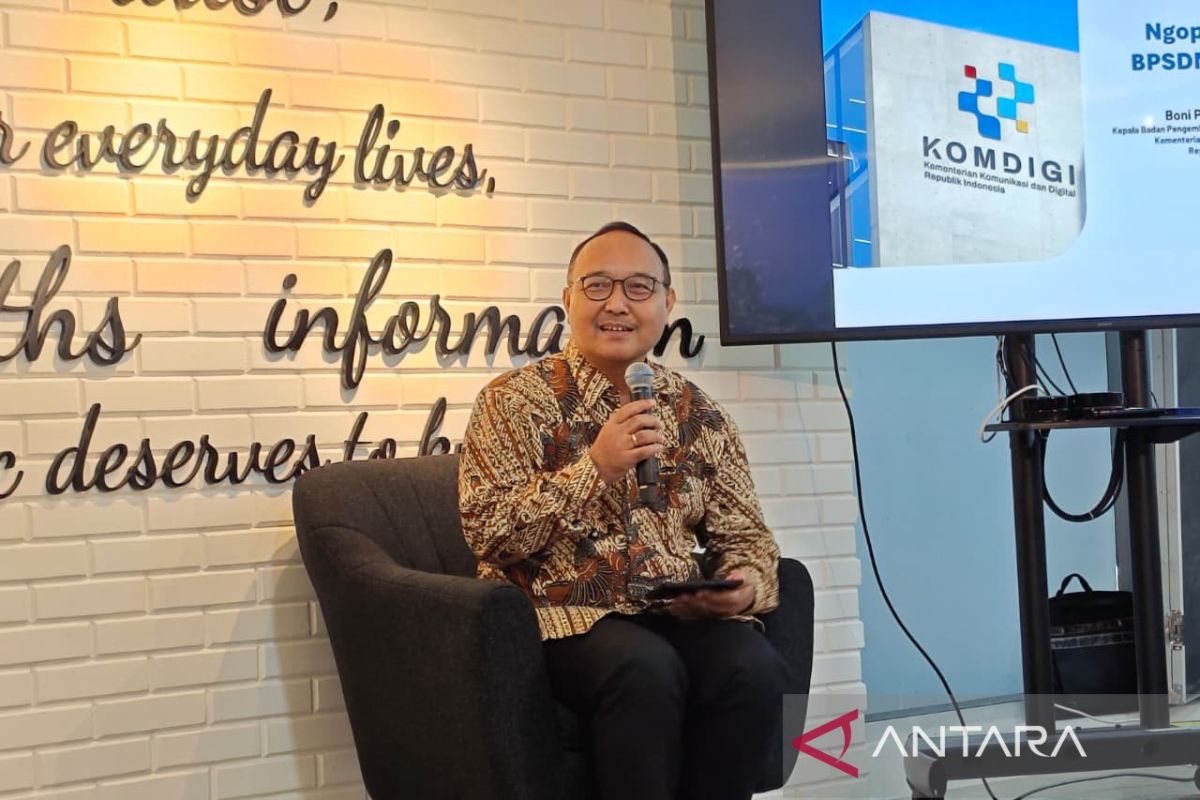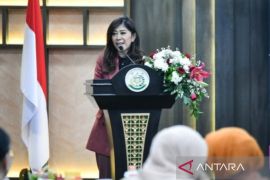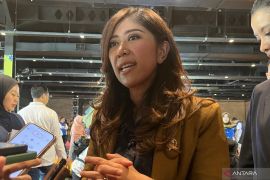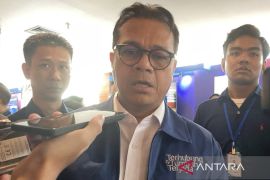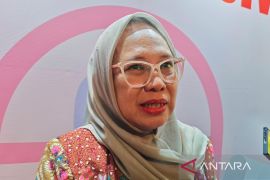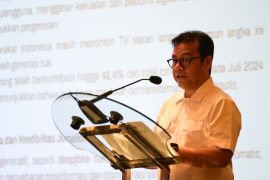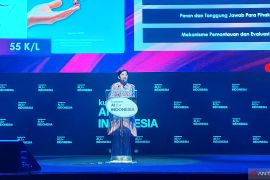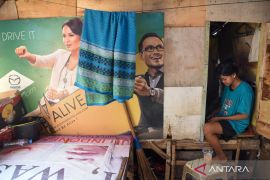The regulation has drawn attention in Indonesia as it raises questions about how to balance freedom of expression with efforts to maintain information quality in the digital space.
Head of the Human Resources Development Agency (BPSDM) at Kemkomdigi, Bonifasius Wahyu Pudjianto, said the ministry is still holding internal discussions and analyses regarding the policy.
"This information is still new, and we are studying it first. We have a WhatsApp group where we're discussing, 'What do we make of this issue? A country has introduced a new policy.' So, it's still under review," he said here on Thursday.
According to Bonifasius, Kemkomdigi consistently monitors policies in other countries related to maintaining a healthy digital ecosystem.
He noted that Indonesia had previously adopted Australia's example of restricting social media use among minors, which later inspired the issuance of Government Regulation No. 17 of 2025 on Electronic System Governance for Child Protection (PP Tunas).
Commenting on China's new rule, Bonifasius said the policy appears aimed at curbing misinformation without suppressing citizens' digital freedom.
"We need to maintain control, but not to the point of being overly restrictive. Competence is important so that people who produce content do not spread incorrect information," he said.
He emphasized that the Indonesian government has not yet decided whether a similar certification policy will be implemented domestically.
The ministry continues to hold dialogues and gather input from various stakeholders before taking further steps.
"We have to listen to feedback. If such a policy is necessary, that's fine, but how should it be structured? There must be levels or grades. Who would it target? Because now there are so many content creators," Bonifasius added.
China officially introduced its certification requirement for influencers and content creators discussing professional topics on October 10, 2025.
The policy, announced by the National Radio and Television Administration (NRTA) in collaboration with the Ministry of Culture and Tourism, covers fields such as medicine, law, finance, education, and healthcare - areas considered most vulnerable to misinformation.
Under the new rule, digital platforms such as Douyin (China's version of TikTok), Bilibili, and Weibo are required to verify a creator's academic credentials before allowing them to publish professional content.
Violations may result in fines of up to 100,000 yuan (around Rp230 million) or account suspension.
The move is part of China's broader effort to safeguard the integrity of online information and prevent the spread of hoaxes across the digital landscape.
Related news: Minister says AI must reflect Indonesia's positive values
Related news: Need talent ecosystem to counter digital disruptions: govt
Related news: Ministry to produce new digital talents through AI Talent Factory
Translator: Primayanti
Editor: Azis Kurmala
Copyright © ANTARA 2025
